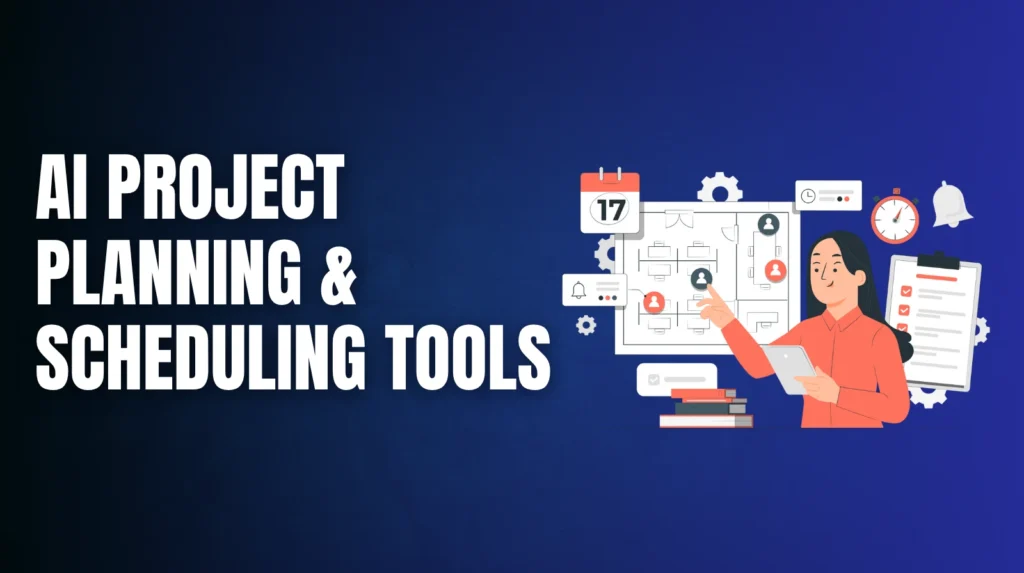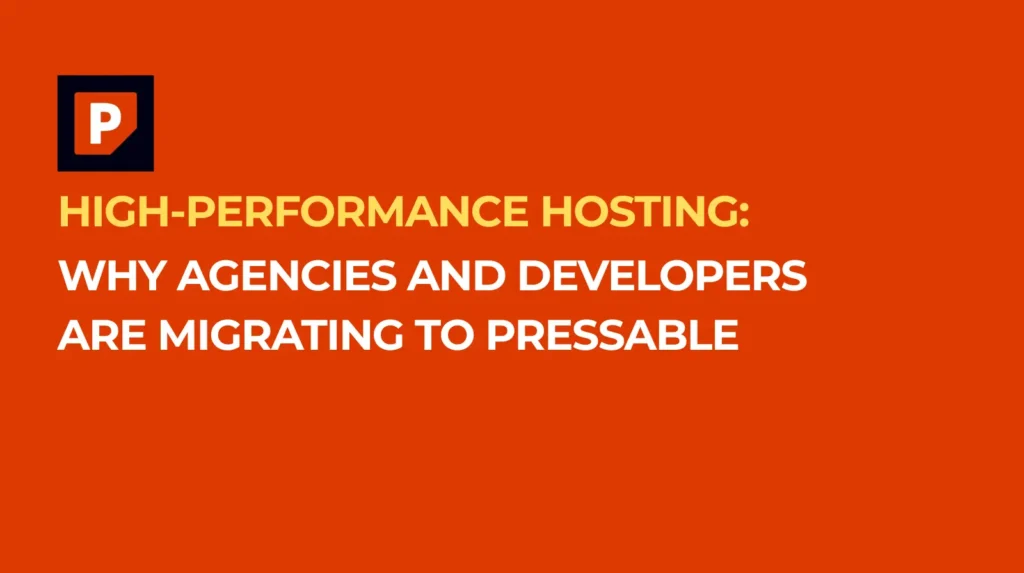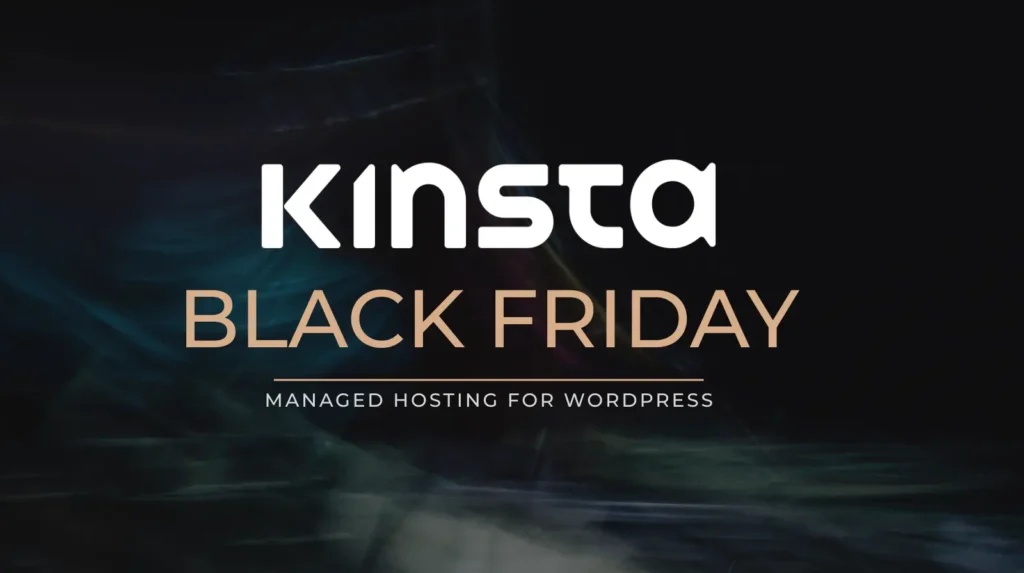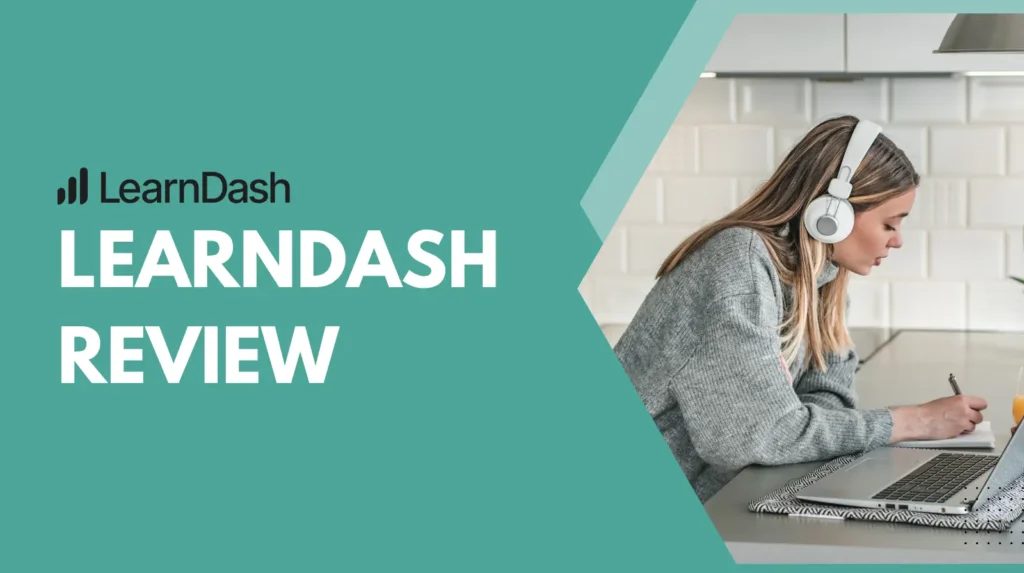In today’s dynamic business environment, effective project management demands more than traditional methods. Spreadsheets and manual tracking struggle to keep pace. Enter AI project planning tools: intelligent software solutions designed to optimize schedules, allocate resources efficiently, and enhance team collaboration through machine learning and automation. As remote work becomes standard and deadlines tighten, leveraging scheduling AI is shifting from a competitive advantage to a necessity.
Whether you’re leading a small team or orchestrating complex enterprise initiatives, the right AI-powered tools can revolutionize your workflow. This guide explores the best AI project planning and scheduling tools available in 2026, detailing their key AI-driven features, benefits, and ideal use cases. If you’re looking broadly at boosting efficiency, explore our list of the best AI productivity tools.
What Are AI Project Planning Tools?
AI project planning tools are advanced software solutions leveraging artificial intelligence to assist managers and teams in planning, executing, and monitoring projects more effectively. They automate and enhance tasks traditionally done manually, such as:
- Creating optimized schedules.
- Predicting project timelines and potential delays.
- Identifying and assessing risks.
- Allocating resources based on skills and availability.
- Improving team communication and workflow automation.
Unlike static traditional tools, AI planners learn from historical project data, provide real-time predictive insights, offer intelligent suggestions, and adapt dynamically as projects evolve. They bring intelligence and flexibility, aiming to reduce human error and save valuable time.
Why Integrate AI into Project Planning and Scheduling?
Traditional project management often suffers from static plans, delayed reactions to issues, and a lack of deep performance insights. AI tools address these pain points directly:
- Intelligent Automation: AI automatically generates and adjusts project schedules based on dependencies, resource availability, and deadlines, reducing manual effort.
- Predictive Analytics: By analyzing past project data, AI can forecast potential bottlenecks, budget overruns, and risks, suggesting mitigation strategies before problems escalate.
- Optimized Resource Allocation: AI algorithms can assign tasks by matching team members’ skills, workload capacity, and historical performance to task requirements, improving efficiency and preventing burnout.
- Real-Time Monitoring & Adaptation: AI provides live progress tracking and automatically adjusts timelines or resource plans when deviations occur, enabling proactive management.
- Data-Driven Decision Making: AI surfaces trends and performance insights from project histories, empowering managers to make more informed strategic decisions.
Top AI Project Planning & Scheduling Tools in 2026
Here’s a breakdown of leading AI tools designed to enhance project planning and scheduling:
1. ClickUp AI
All-in-one customizable project management. ClickUp integrates AI across its highly flexible platform. ClickUp AI assists with summarizing tasks, generating action items from notes, suggesting task priorities, and even drafting project updates or emails. Its scheduling AI provides smart suggestions for due dates based on dependencies and workloads.

Key AI Features:
- AI Assistant for summarizing, writing, and action item generation.
- AI-powered task prioritization suggestions.
- Natural language processing for task creation.
- Predictive insights into task completion times (emerging feature).
2. Notion AI
Integrated notes, knowledge base, and project planning. Notion AI works within Notion’s versatile workspace, turning unstructured notes into organized project plans, tasks, and summaries. It excels at generating content outlines, meeting agendas, and even drafting initial project briefs based on simple prompts. While less focused on complex scheduling algorithms, its AI aids significantly in the initial planning and documentation phases.

Key AI Features:
- AI Autofill for task properties based on content.
- Automatic content generation (plans, summaries, action items).
- AI-driven task and project organization from notes.
3. Motion
Automated time blocking and individual/team scheduling. Motion acts primarily as an AI scheduling assistant. It automatically plans your tasks directly into your calendar, optimizing your day based on priorities, deadlines, and meeting schedules. It dynamically reshuffles your schedule if conflicts arise or priorities change, aiming for maximum productivity.

Key AI Features:
- AI-powered task prioritization and calendar scheduling.
- Automatic daily schedule optimization based on real-time data.
- Intelligent meeting scheduler.
- Real-time task reshuffling to adapt to changes.
4. Trello (with AI Power-Ups)
Visual Kanban planning with AI enhancements. Trello’s strength is its visual Kanban boards. Through “Power-Ups” (integrations), AI capabilities can be added. These often include AI assistants (like Butler automation suggestions or integrations with tools like ChatGPT/Claude) to summarize card activity, suggest next steps, automate rule-based actions, or label cards based on content.

Key AI Features (via Power-Ups):
- AI-driven workflow automation suggestions (Butler).
- Smart card summaries and action item extraction.
- AI-based task labeling or categorization (potential via integrations).
5. Asana Intelligence
Structured workflows and cross-functional team coordination. Asana incorporates AI features focused on optimizing workflows, identifying risks, and improving strategic planning. It can suggest task dependencies, predict potential project delays, help balance team workloads, and automate routine updates or status reports.

Key AI Features:
- AI-driven risk identification and alerts.
- Smart fields and rules for workflow automation.
- AI-powered workload balancing insights.
- Goal tracking and progress prediction.
6. Monday.com AI
Flexible Work OS with customizable AI automation. Monday.com integrates AI capabilities into its highly customizable Work Operating System. Its AI Assistant can help automate task creation, summarize updates, generate content, and build complex workflow automations using natural language. AI-powered dashboards can surface predictive insights based on project data.

Key AI Features:
- AI Assistant for content generation, summarization, and task automation.
- AI-driven workflow and automation building.
- Predictive analytics on project timelines or budget risks (via dashboards/apps).
7. Wrike (with Work Intelligence™)
Enterprise-level project management and complex workflows. Wrike’s AI, branded as Work Intelligence™, focuses on enterprise needs. It includes features like AI-recommended tasks, project risk prediction, intelligent automation of approvals and workflows, and even using AI to improve document processing and search within the platform.

Key AI Features:
- AI project risk prediction and alerts.
- Smart task prioritization and schedule suggestions.
- AI-powered automation for approvals and workflows.
- Intelligent document processing and search.
8. Smartsheet AI Tools
Teams comfortable with spreadsheet-like interfaces seeking automation. Smartsheet integrates AI to enhance its grid-based work management platform. AI features help generate formulas, analyze data within sheets, summarize content, and build automated workflows more easily using natural language prompts.

Key AI Features:
- AI formula generation and data analysis.
- AI-powered content summarization within cells/sheets.
- Natural language interface for building automations.
- Predictive insights based on sheet data (emerging feature).
9. Forecast (by Kantata / formerly Accelo)
Professional services, agencies, and resource-heavy planning. Forecast (now often part of larger platforms like Kantata) heavily utilizes AI for resource management and financial forecasting. It predicts project profitability, optimizes resource allocation based on skills and availability, and provides accurate timeline predictions, crucial for service-based businesses.

Key AI Features:
- AI-driven resource allocation and utilization optimization.
- Predictive project budget and timeline forecasting.
- Intelligent capacity planning.
10. HiveMind (by Hive)
Teams preferring conversational AI interaction. HiveMind is Hive’s AI assistant, allowing users to interact with their project management tool via a chat-like interface. You can ask HiveMind to create tasks, set deadlines, summarize project progress, identify roadblocks, or generate reports using natural language commands.

Key AI Features:
- Conversational AI assistant for project queries and commands.
- Automated task creation and scheduling via chat.
- AI-generated project summaries and status updates.
How AI Project Planning Helps Different Teams
The application of scheduling AI varies across departments:
- Marketing Teams: Automate campaign scheduling, optimize content calendars based on performance data, predict campaign outcomes, and allocate creative resources efficiently. Linking AI planning with top marketing automation tools can create powerful synergies.
- Product & Development Teams: Refine sprint planning with AI-suggested task breakdowns, predict feature completion timelines, identify potential integration risks, and optimize developer assignments based on skills and workload.
- HR & Operations: Streamline onboarding workflows, plan recruitment timelines, manage internal change projects, and allocate administrative resources effectively.
- Startups: Benefit from agile, often lower-cost tools like Notion AI or Motion that offer flexibility and quick setup.
- Enterprises: Require scalable, robust solutions like Wrike or Asana with deep integration capabilities and advanced security features.
Benefits of Adopting AI in Project Scheduling
Integrating AI project planning tools yields tangible advantages:
- Significant Time Savings: Automates repetitive tasks like scheduling, updating timelines, and generating reports.
- Reduced Conflicts & Errors: AI minimizes scheduling clashes and identifies potential issues before they impact the project.
- Improved Productivity: Optimizes resource allocation and task prioritization, allowing teams to focus on high-value work.
- Enhanced Decision-Making: Provides predictive insights and data-driven recommendations.
- Increased Transparency: Offers real-time visibility into project progress and potential risks.
- Greater Adaptability: AI tools can quickly adjust plans in response to scope changes or unexpected delays.
Choosing the Right AI Project Planning Tool
Selecting the best scheduling AI involves evaluating your specific needs:
- Team Size & Complexity: How many users? Are projects simple or multi-phased with many dependencies?
- Core Needs: Is your priority automated scheduling (Motion), dynamic content planning (Notion AI), risk prediction (Asana/Wrike), or all-around task management (ClickUp/Monday)?
- Interface Preference: Do you prefer visual Kanban (Trello), spreadsheet-like (Smartsheet), traditional Gantt charts, or conversational AI (HiveMind)?
- Integrations: Does the tool connect seamlessly with your existing software stack (e.g., CRM, communication tools, code repositories)? Consider how it might integrate with tools like the best CRM software for small business.
- Budget: AI features often come with premium tiers. Evaluate the ROI based on time saved and efficiency gained.
Choose a tool that aligns with your current workflow but also offers scalability for future growth. Many offer free trials, take advantage of them.
Final Thoughts: Embrace Intelligent Project Management
AI project planning and scheduling tools are no longer futuristic concepts; they are practical solutions delivering real results today. By automating routine tasks, providing predictive insights, and optimizing resource use, these tools empower teams to work smarter, faster, and more effectively.
From comprehensive platforms like ClickUp and Monday.com to specialized schedulers like Motion, there’s an AI-powered solution to fit most needs and budgets. The key is to identify your team’s biggest planning and scheduling pain points and select a tool whose AI capabilities directly address them.
Investing in the right AI project management tool is an investment in efficiency, productivity, and future success. Explore these platforms, leverage their intelligence, and let AI handle the complexities so your team can focus on delivering exceptional results. For a broader look at AI’s impact, see our overview of the best AI tools for business.








